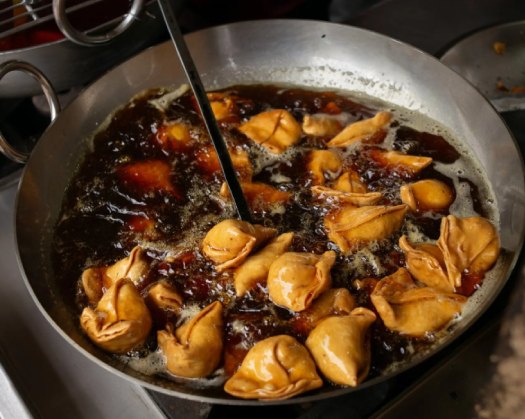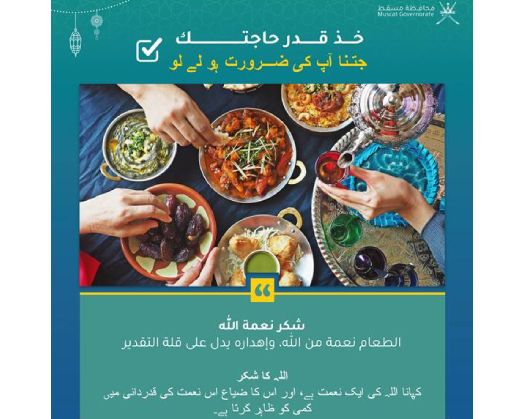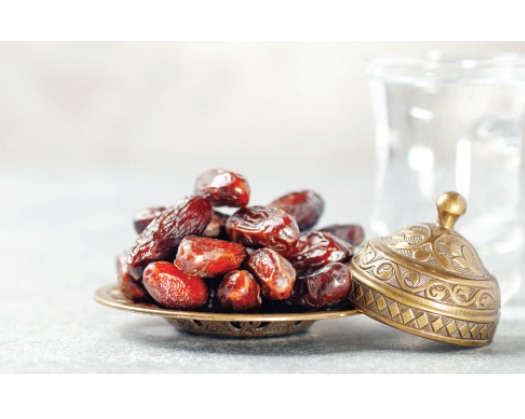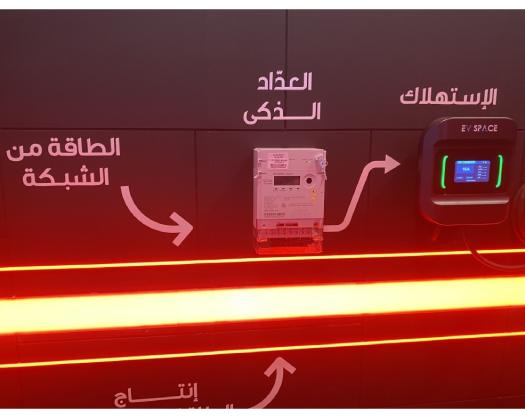Ramadan presents a valuable opportunity to focus on reestablishing a balanced and healthy lifestyle, as fasting offers spiritual, physical, psychological, and social advantages. It is crucial to avoid overeating or indulging in heavy meals, particularly during Iftar, throughout the holy month. Steering clear of oily, spicy, and deep-fried foods is essential to prevent acidity and bloating, common health issues during fasting.
Jishy Seby, a clinical dietician, emphasizes the importance of good hydration, fruits, vegetables, whole grains, fish, lean meat, nuts, and low-fat foods as the primary sources of energy for those observing fasts. During fasting, the body's metabolic function slows down, utilizing dietary fat for energy. The body activates regulatory mechanisms during fasting, making a balanced diet with less food but adequate nutrition crucial for maintaining health and vitality throughout Ramadan. The diet should be simple and not deviate significantly from one's regular daily eating habits, incorporating foods from all major food groups (cereals, pulses, meat and fish, dairy, and fats).
"At Iftar, the body's immediate requirement is a readily available energy source in the form of glucose, particularly for the brain and nerves. Therefore, breaking the fast traditionally with dates and fruits is highly recommended," Seby suggests.
Dates provide a quick energy boost in the form of sugar, while fruits help maintain water and mineral balance in the body. Following this with soups and cereals is beneficial, with vegetable-rich soups containing broccoli, spinach, peas, green beans, squash, and carrots being particularly nutritious. These vegetables not only add essential vitamins and minerals to the soup but also provide fiber crucial for a healthy digestive system.













